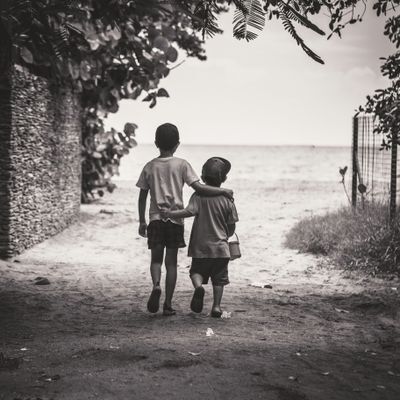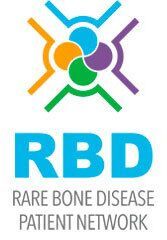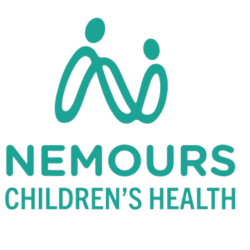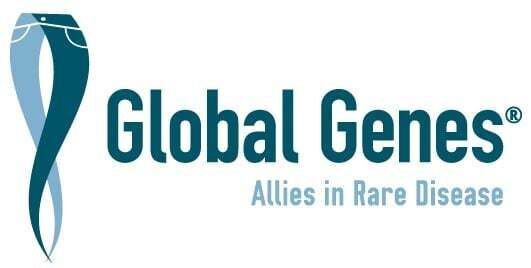
Every April 10th, the United States celebrates National Siblings Day, a special occasion dedicated to recognizing the bond between brothers and sisters. First established by the Siblings Day Foundation, this day has been acknowledged by U.S. Presidents, including Barack Obama in 2016. The foundation continues to advocate for international recognition of this celebration, reinforcing the vital role siblings play in our lives—offering support, companionship, and sometimes, an extra dose of friendly rivalry!
For families affected by rare diseases, particularly complex lymphatic anomalies (CLAs), National Siblings Day is an opportunity to honor not only the sibling bond but also the unique challenges faced by those growing up with a brother or sister who has a serious medical condition.
The “Glass Child” Phenomenon: When Siblings Feel Invisible
Siblings of children with CLAs often live a life filled with emotional complexities. While they deeply love and support their brother or sister, they may also experience feelings of neglect, guilt, isolation, and anxiety. The term “Glass Child” has been used to describe these siblings—not because they are fragile, but because they often feel unseen as their parents' focus is necessarily directed toward the medically complex child.
Parents of children with rare diseases often struggle with time and emotional balance, leaving their other children feeling as though their own needs come second. These siblings may hesitate to ask for help, fearing they will add to their family’s burden. Over time, they develop a strong sense of responsibility, but they may also experience stress, mental health struggles, and difficulties establishing their own identity.
The Double-Edged Sword of Being a Caregiver
While growing up alongside a sibling with a rare disease presents challenges, it also fosters remarkable strengths. Many of these siblings develop qualities such as compassion, resilience, independence, and a strong sense of responsibility at a young age. They often become natural caregivers, taking on roles far beyond their years, which can shape their future careers and personal lives in profound ways.
However, this early caregiving experience can also have downsides. These siblings may struggle with setting boundaries, prioritizing their own well-being, or expressing their own needs. In some cases, they may face challenges in forming social connections with peers who do not share similar life experiences. As they transition into adulthood, they might grapple with guilt about pursuing their own dreams, feeling tethered to their family's needs.
Recognizing and Supporting Rare Siblings
For these reasons, it is crucial to provide emotional support, validation, and resources for siblings of children with rare diseases. Open conversations about their feelings, dedicated one-on-one time with parents, and access to peer support groups can make a significant difference in their emotional well-being.
On National Siblings Day, let’s take a moment to acknowledge these rare siblings, who often bear an unspoken weight while demonstrating incredible strength and love. Whether they are young children, teenagers, or adults, their role in the family deserves recognition, appreciation, and support.
To explore more resources on how rare diseases impact siblings and families, visit Global Genes










